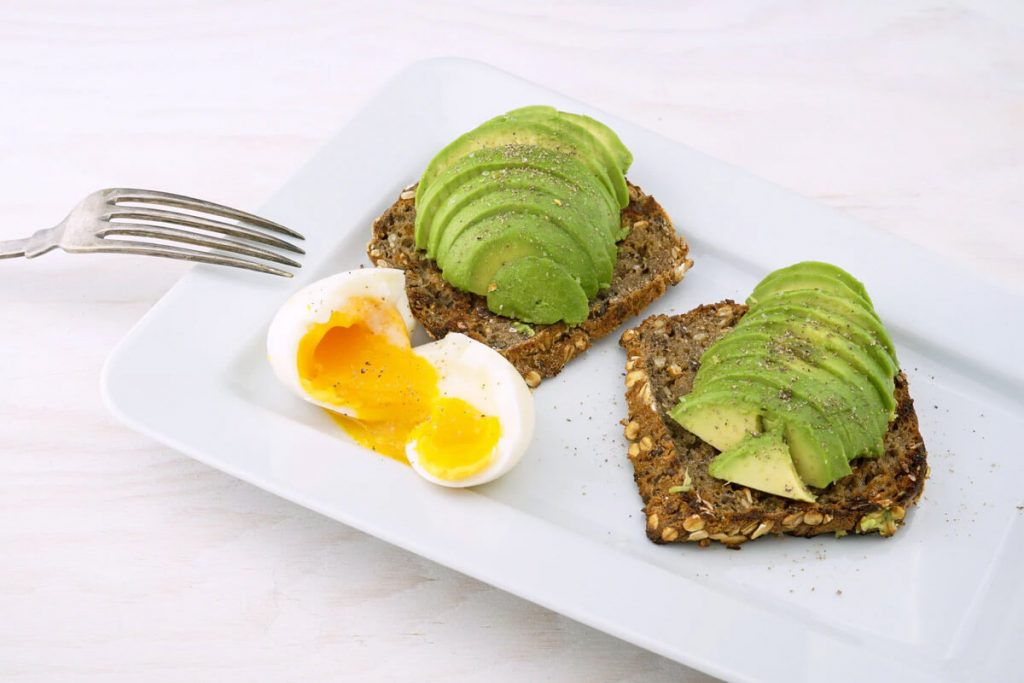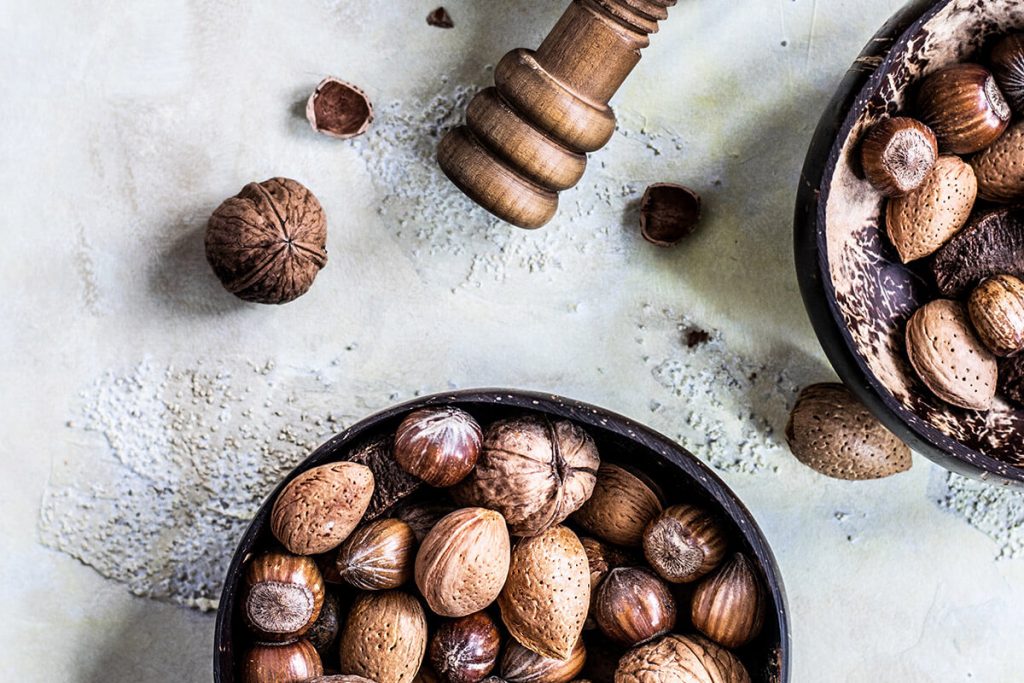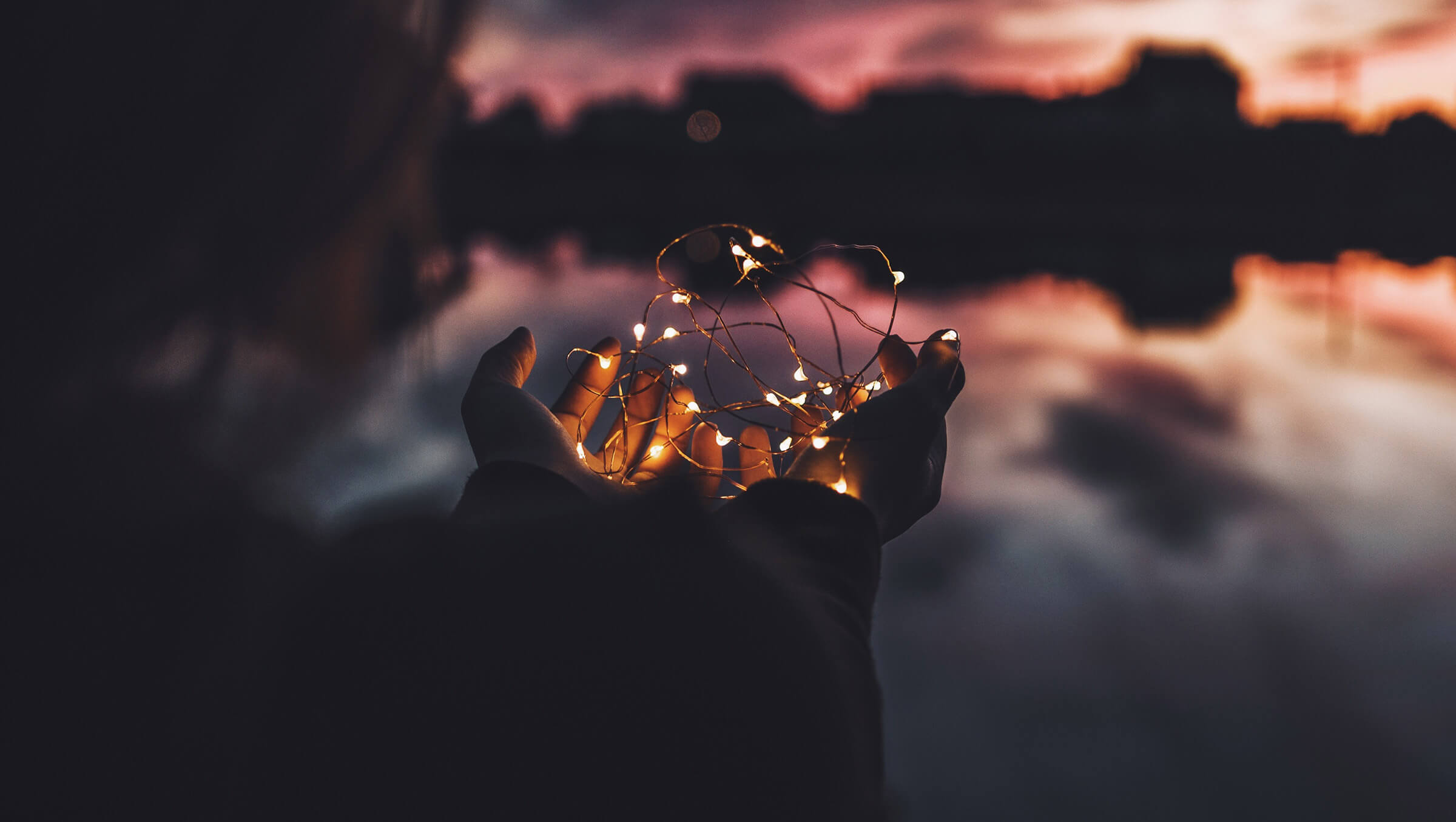There are many nutritional, biochemical and emotional processes that contribute to whether or not we feel energised and full of vitality throughout the day. But when it comes to explaining why we are so tired, it can be easy to put it down to getting older, work pressure, family demands, or a general ‘busyness’. While these factors might certainly be playing a part, there can often be more to the story when we get to the heart of our tiredness.
Below are some common energy myths I hear. How many of these resonate with you?
I need coffee to get through the day
Caffeine leads to the production of adrenaline, the hormone behind the fight or flight response. Not only does this lead the body to primarily utilise glucose as a fuel source rather than fat, it typically leads people to feel like they need more caffeine or sugar to get through the day. Often people are shocked by how much more energy they have without relying on caffeine. Our bodies have an amazing ability to create extraordinary energy when our energy systems are supported by our lifestyle choices.
If you drink caffeine, try reducing the amount in half you have each week, until you’re at zero and after two weeks of no caffeine, notice how you feel. If you have had a daily caffeine habit for some time, you may experience some fatigue for a few days initially due to caffeine withdrawal, however after this initial period, most people find that their energy increases significantly. And if you miss that daily routine, try changing up your morning drink to a herbal tea or a turmeric latte.
Breakfast doesn’t agree with me
So many of us think that we are too busy to eat breakfast, or that we don’t feel like eating first thing in the morning, or even that by not eating until later in the day, we might be eating less food overall. But if we skip breakfast only to feel ravenous by mid-morning, alongside an energy crash, we are much more likely to reach for a less nutritious food choice. Starting your day with a nourishing breakfast has many benefits, including more consistent energy levels and enhanced cognitive function. Please know you don’t have to eat the moment you rise if you’re not hungry at that point, but if you typically don’t have an appetite until much later in the day you may like to consider why this might be. For example, do you tend to eat too late in the evenings?

If my iron levels are fine, then nutrition isn’t an issue
Many people associate fatigue and tiredness with iron deficiency—and rightly so—however, there are also other nutrients that are critical for us to experience great energy. For example, without the consumption of sufficient B vitamins, the pathways that are responsible for the conversion of food into energy can be inefficient, leaving us feeling sluggish and tired. Another example is iodine deficiency which can lead to an underactive thyroid, resulting in poor energy levels. We are in fact, what we eat – so ensuring we are obtaining all of the nutrients we need is essential for us to experience great energy.
A quick sugar hit will boost my energy
In the short term, sugar can lead to an energy kick, but this is inevitably followed by a crash, and it can leave us riding an energy rollercoaster for the rest of the day. Plus, sugar itself is devoid of other nutrients, meaning overall, it doesn’t support our body’s energy systems. Including more good quality fats from whole foods will typically provide more lasting, sustained energy and help to prevent the cravings for more sugary foods and drinks that can arise when our energy dips low. Try adding in some nuts and seeds, avocado or good quality extra virgin olive oil to help with satiation and more even energy levels throughout the day.

I can catch up on sleep later
Adults require 7 to 9 hours of sleep per night, and as hard as we may try, we cannot fight our biology! Some studies suggest that we actually need closer to nine hours of sleep every night in order for our body to undergo all of its vital repair work. Restorative sleep is not only essential for boosting energy levels, it is also necessary for emotional wellbeing, hormone regulation, cellular regeneration, appetite regulation and immune function, and it can decrease our risk of developing chronic diseases such as type 2 diabetes and coronary heart disease.
Watching TV at night helps me to relax
The light from back-lit devices such as TV screens, laptops, tablets or phones can disrupt our circadian rhythm, cause interrupted sleep and actually lead you to feel zapped of energy. Light destroys melatonin, our sleep hormone, so too much bright light too close to bed can be highly disruptive to what your body naturally wants to do. An overactive or stimulated mind that has trouble winding down can be made worse by looking at screens, leading to many people getting into bed only to feel that they are ‘tired but wired’. Try switching off your devices 90 minutes before bed and see if it leads to a more restful sleep and increased consistency in your energy levels.
If you’re looking for additional ways to foster more consistent energy levels, check out our other blog posts here.









